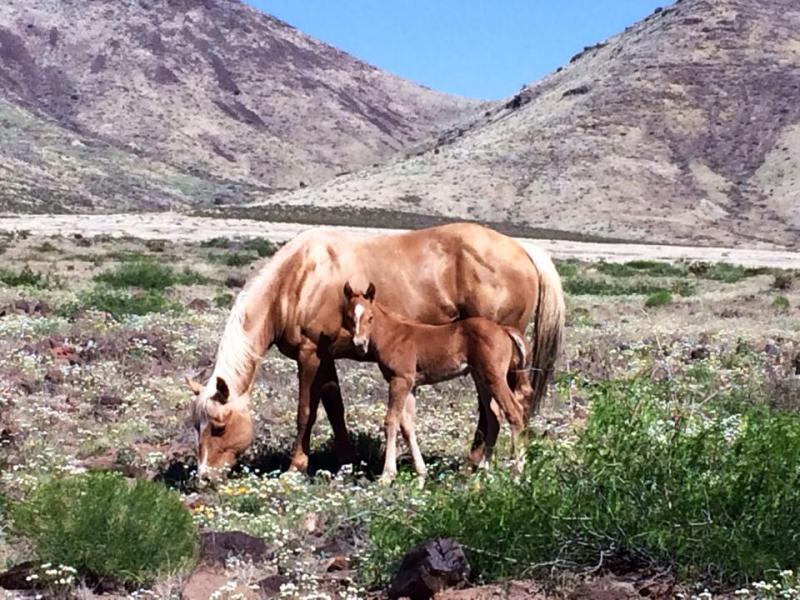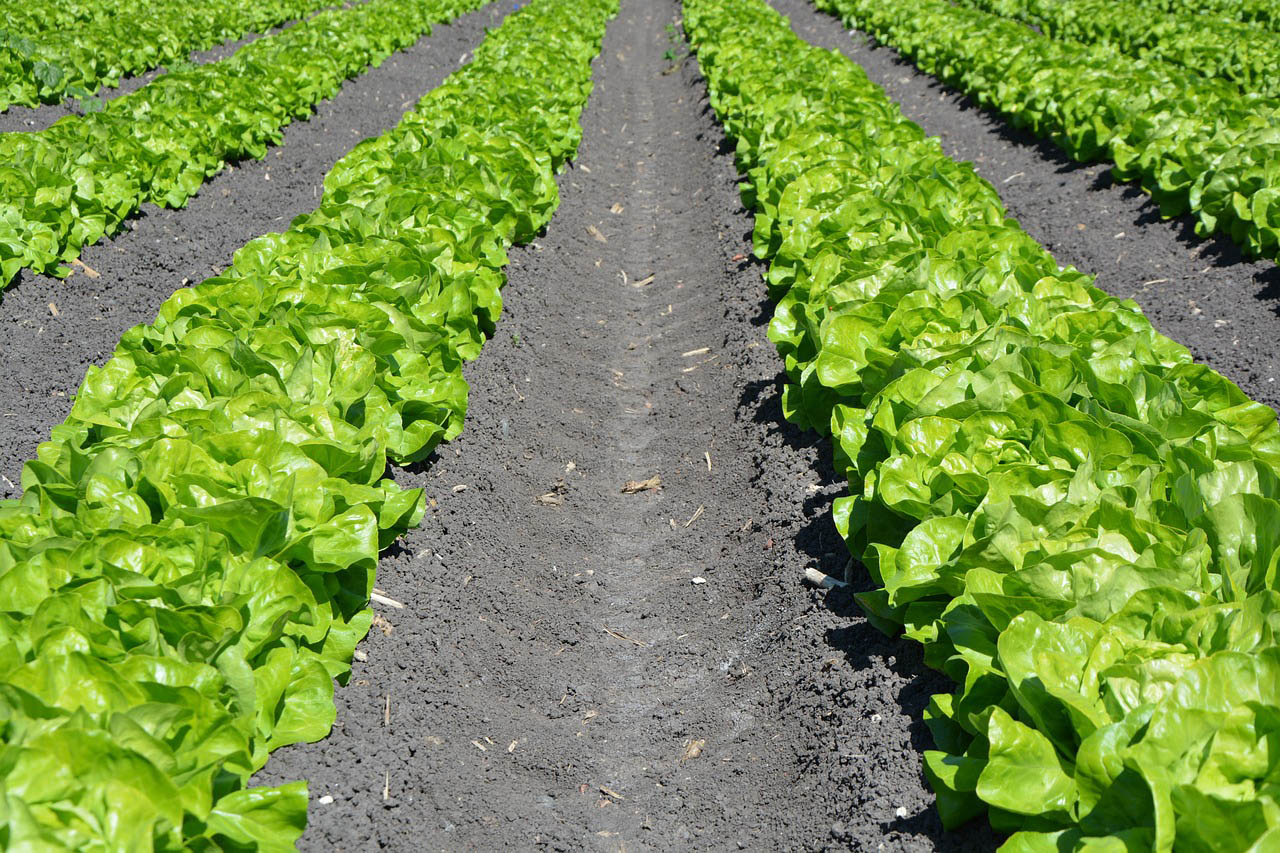
If you don't see an answer to your question here, another source for good information is the University of Arizona Cooperative Extension Service or call us at 602-542-4373.
Livestock
What do I need to do to bring livestock into Arizona?
All livestock require an original health certificate issued by a veterinarian within 30 days prior to importation and an import permit (except horses). All photocopies of health certificates must have an original signature by the veterinarian. Cattle shipped directly to a slaughter plant, and horses, are exempt from the import permit requirement. Certain types of livestock require testing for diseases. For an overview of the import requirements, please see the State Veterinarian's Office page. Call the State Veterinarian's Office at (602)542-4293 for more information on test requirements.
Besides a health certificate, are there any other requirements for bringing my horse into Arizona?
Yes. All horses six months of age and older require a negative test for Equine Infectious Anemia (Coggins test or CELISA) within 12 months prior to importation. The test result, date of test, lab name and lab accession number must be recorded on the health certificate. Horses may not enter with the test results pending. Changes in Arizona's laws in August 2002 created a voluntary horse registration program.There is no penalty if you choose not to participate. Begin your registration process here.
For more information, call (602) 542-4293.
How do I get an import permit number?
Call (602) 542-4293.
How should meat and poultry products be handled at home?
Keep uncooked products under refrigeration as much as possible. If you are not going to cook and eat the product the same day as purchased, it is generally advisable to freeze it until use.
Cooked, left over, meats and poultry should be refrigerated within 2 hours after cooking. If it is necessary to keep cooked meats and poultry without refrigeration longer than 2 hours maintain their temperature at or above 140 degrees Fahrenheit.
The United States Department of Agriculture operates a consumer Hotline: 1-800-535-4555 from 10AM to 4:30PM, Eastern Time.
For more information, call (602)542-6398.
How do I get an equine transfer request?
For information regarding equine transfer call (602) 542-3578 (Option 2, option 6)
Licensing
Why am I required to provide my social security number when applying for a license?
Disclosure of the applicant’s social security number is mandatory pursuant to A.R.S. §§ 25-320(P) & 25-502(K) to aid the Arizona Department of Economic Security.
What are the rules or laws concerning the manufacture or distribution of pet treats?
The manufacture and distribution of pet treats in Arizona may require a Feed License from the AZ Dept. of Agriculture. The license fee is $10 per year. The license year is July 1 through June 30. Tonnage reports are mailed out approximately 30 days before the end of each quarter. At your low volume, the fee would be $2.00 per quarter. After one year, a licensee may elect to go to an “estimator” status instead of a quarterly reporter, which allows you to send in one check for $8.00 at the beginning of the license year. This makes it simpler for the smaller volume operations, rather than sending out a $2 check 4 times a year. You do not need a Federal Tax ID. Put your SS# in that space on the application.
Labeling is another important issue intended for consumer protection. Pet owners want to know what their pet is being fed. When you browse the pet food aisles and read the labeling, it can be very complete but sometimes confusing. However, treats take a slightly different approach. The Association of American Feed Control Officials (AAFCO) Pet Food and Specialty Pet Food Labeling Guide says this about Snack, Treats & Supplements: “Dog & cat foods that are clearly designated as a ‘snack’, ‘treat’ or ‘supplement’ are not required to display a ‘Nutritional Adequacy Statement’ or other purpose statements. However, if the product claims to be complete and balanced for any or all life stages and is identified with a Nutritional Adequacy Statement, then it must correspond thereto…..” In Arizona if you stick to making no nutritional claims, no health benefits and make no claims to be complete and balanced for any or all life stages, a feed license is not required.
However, at the very least, your treat label should include:
- The product name or brand name
- The common name or usual name of each ingredient
- Net weight or volume
- Name & address of the manufacturer (a PO box is OK) You do not need to put your home address on the package, but the consumer must have a way to contact the manufacturer if their pet has a problem or they have any other questions.
These links will take you to an AZ Feed License application, and more information on the FDA website about pet treat labeling.
Bees
If anyone is being stung, call 911.If no one is being stung, but there is a swarm (a ball of bees in a bush, tree, side of house, water-meter box, etc.) of bees, go to the yellow pages and look under Beekeepers or Bee Removal Services and call one of the parties listed that advertises swarm pick-up or removal.If there is not a swarm of bees but only a few bees foraging on flowers, this is a natural thing and you should not be concerned. Foraging bees are not defensive and generally do not sting unless provoked (squished, swatted at, etc.).Otherwise, look in the yellow pages under Beekeepers, Bee Removal Services, Bee Supplies or Pest Control Services. Swarming bees or beehives should only be handled by a professional pest exterminator or beekeeper.The Arizona Department of Agriculture does not handle any bee-related issues.For more information on bee extermination or control, contact a local pest exterminator or your local county cooperative extension office.For news media or researchers, call the Carl Hayden Bee Research Laboratory in Tucson, (520)670-6380.
-
Food Access
Finding Healthy Food in ArizonaConnecting people, food, and resources through partnerships with producers, non-profits, for-profits and government.
-
Get a License
Apply For, Renew, or look up a LicenseEnter our Licensing and Payment System then use the filter at the top to find the license you want to apply for or renew or find existing license information, including CEU's
